Where Gandhi once ate: London’s iconic Veeraswamy faces eviction
It was founded in 1926 by Edward Palmer—great-grandson of a Mughal princess and the military secretary to Warren Hastings
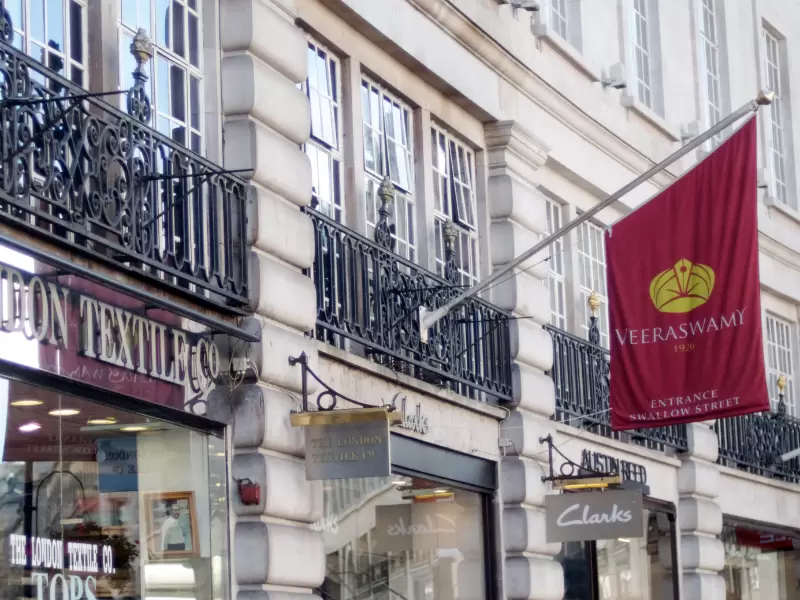 Banner marking entry to Veeraswamy / Wikimedia commons
Banner marking entry to Veeraswamy / Wikimedia commons
On a crisp, wintry London morning, the city’s culinary establishment found itself unusually united. Veeraswamy—Britain’s oldest surviving Indian restaurant and a fiercely Indian outpost perched above Regent Street—had become the unlikely centre of a national debate. As it approaches its centenary, the Mayfair institution is confronting what may be the most consequential battle in its 99-year history: the threat of losing its historic home.
In a sharply worded letter to The Times, some of Britain’s most celebrated chefs warned that pushing Veeraswamy out of Victory House—the Crown Estate building it has occupied since April 1926—would amount to “sacrilege.”
Raymond Blanc, Michel Roux Jr., Michael Caines, Cyrus Todiwala, Richard Corrigan, Anthony Demetre, Tom Aikens, and Phil Howard were among the signatories who appealed to the Crown Estate to “act responsibly” and preserve what they described as a living landmark of London’s food culture.
ALSO READ: From samosas to saffron cocktails: How Indian food is taking over American tables
The dispute began last summer, when Veeraswamy’s owners, MW Eat, were informed that their lease would not be renewed. The Crown Estate intends to extend the ground-floor reception area for the offices above, a move that would reclaim parts of the restaurant’s ground and first floors. Although the lease formally expired in June 2025, owner MW Eat has invoked its protected tenancy rights and continues to operate while awaiting a court hearing expected next year.
“Heritage cannot be relocated, nor can history be replaced,” the chefs wrote. “Converting such a restaurant into offices would be a profound loss for London’s restaurant scene and for our tourism economy, which thrives on the city’s unique and diverse landmarks.”
The Crown Estate—which is held by the monarch “in right of the Crown” and whose profits flow to the UK government—maintains that the building requires “comprehensive refurbishment” to meet modern standards. They have offered to help MW Eat find alternative premises in the West End and to provide financial compensation.
But for current owners Ranjit Mathrani, who operates MW Eat along with sisters Namita and Camellia Panjabi, relocation is no simple matter. They were quoted in the media as saying, “We have nurtured it, nourished it, and kept it apace with the times. It’s probably the oldest surviving restaurant in the world now with such a rich history, and it will be a tragedy if it were to lose its location.”
History clings to Veeraswamy like the scent of its roast duck vindaloo. Founded in 1926 by Edward Palmer—great-grandson of a Mughal princess and the military secretary to Warren Hastings—the restaurant’s first menu was shaped by Palmer’s memories of his great-grandmother’s cooking.
Since then, the Regency Room and Verandah Room, with their paisley flourishes, coffered ceilings, and miniature princely portraits, have hosted an extraordinary procession of guests. Diners step into a private lift off Regent Street and emerge into a dining room where Anglo-Indian lineage meets modern craft.
Signature dishes, from a refined Anglo-Indian mulligatawny to contemporary regional plates, tell the story of a restaurant that has always lived in two worlds at once.
Over the years, Veeraswamy has changed hands several times, but retained its reputation, drawing figures who shaped the 20th century. Mahatma Gandhi is among those said to have dined here during his visits to London.
Jawaharlal Nehru and Indira Gandhi followed in different eras. Charlie Chaplin, Winston Churchill, and Princess Anne also figure among its storied patrons. More recently, Queen Elizabeth II and the Princess Royal have taken their seats beneath its chandeliers.
That mix of culinary heritage and historic resonance is what Britain’s leading chefs now argue must be protected. For them, the possible displacement of Veeraswamy is not merely a matter of bricks and mortar, but of cultural continuity—an irreplaceable thread in the tapestry of London’s cosmopolitan identity.
The fate of the restaurant now rests with the courts. A ruling in favour of MW Eat could extend its lease and allow Veeraswamy to celebrate its 100th year on Regent Street—the milestone that seems so tantalisingly close. A ruling against it could consign one of London’s most enduring dining rooms to memory.
For now, the restaurant continues to serve dinner as it always has: the rooms glowing above the bustle of Regent Street, the lift humming upward, and the tables filling with Londoners and travellers who, knowingly or not, step into a century of living history that hangs in the balance.
ADVERTISEMENT
ADVERTISEMENT
E Paper
Video




1759953093.png) Staff Reporter
Staff Reporter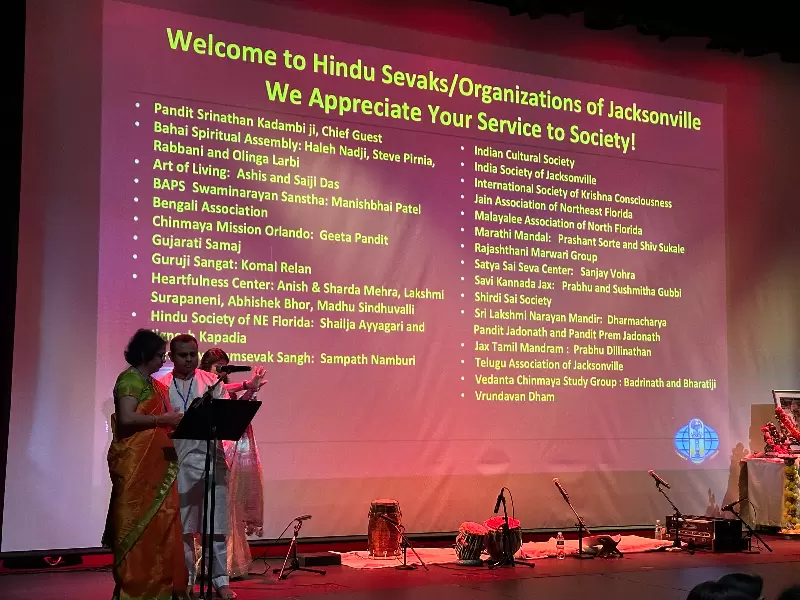
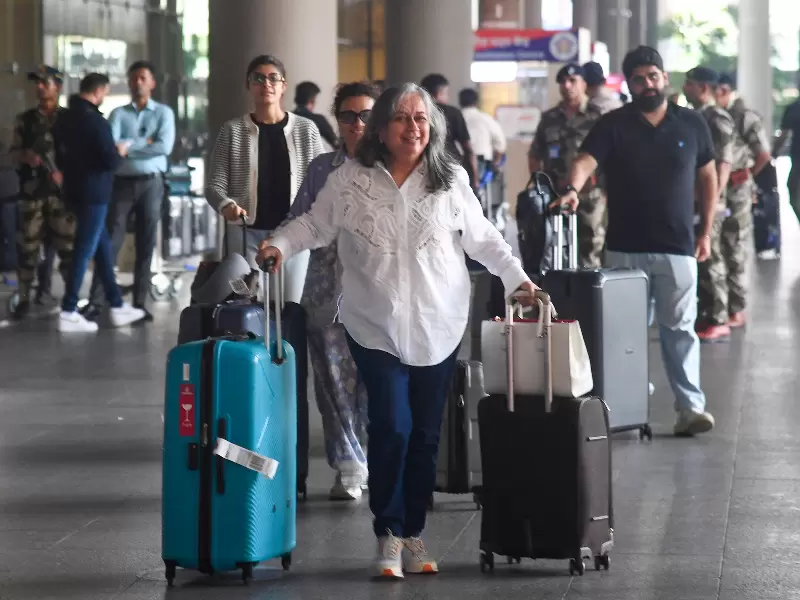



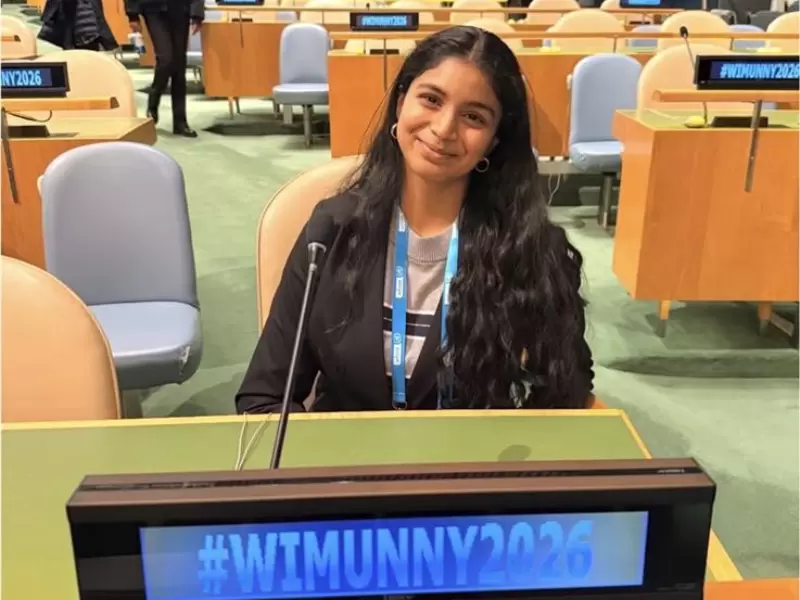

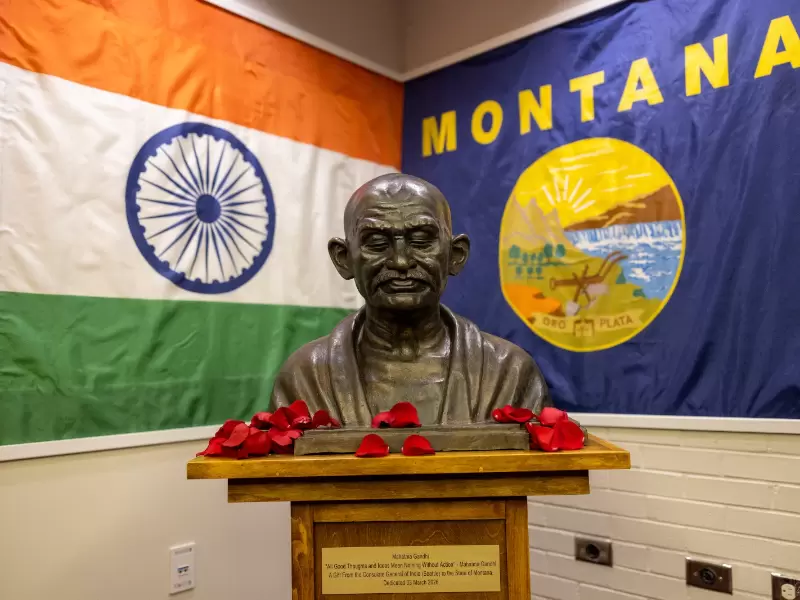

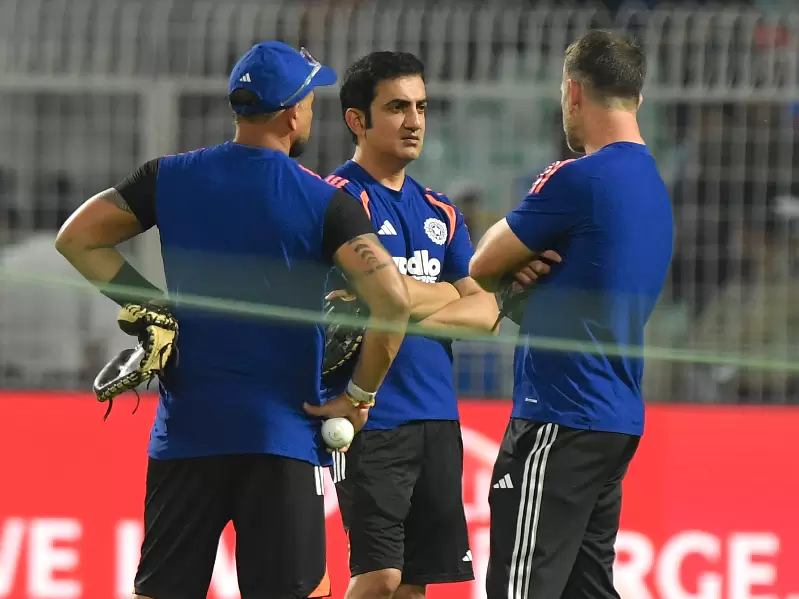
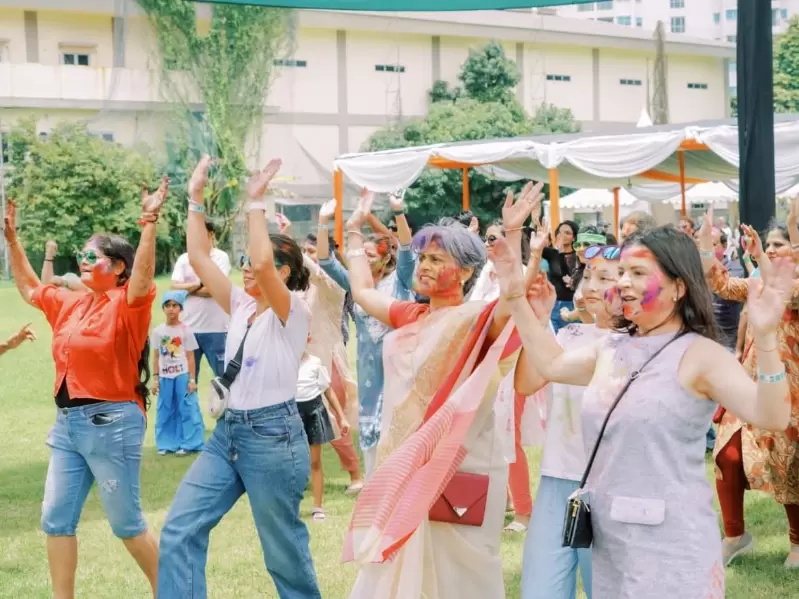



Comments
Start the conversation
Become a member of New India Abroad to start commenting.
Sign Up Now
Already have an account? Login